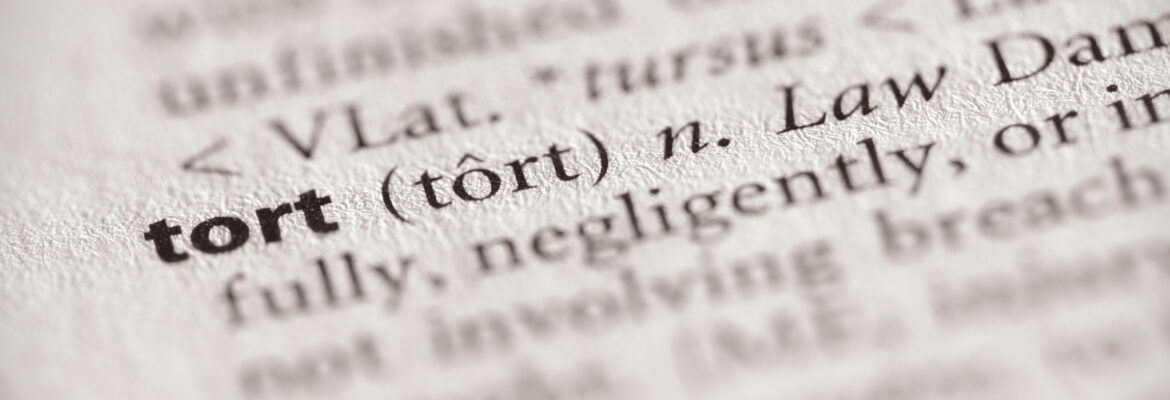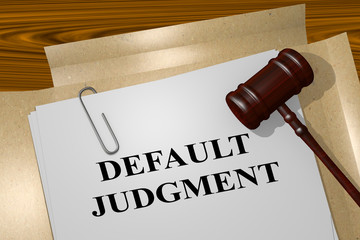Uncategorized
Worker’s Compensation and Tort Claims
This update focuses on the interplay between workers’ compensation and tort claims. Here are a few areas. Exclusive Remedy: A.R.S. § 23-1022 bars negligence actions by employees against their employers and co-employees. Co-employees may still be sued for intentional torts. This is the wilful misconduct exception and requires the co-employee having acted “knowingly and
Continue ReadingSwift Transportation Co. of Arizona LLC v Mountz et al
Two years after granting review, the Arizona Supreme Court issued its opinion in Swift Transportation Co. v. Mountz et al. This is a trucking accident case where plaintiffs alleged a driver’s negligent acts when added up support a punitive damage claim. Plaintiff sought discovery on the defendant’s financial status. These acts included: driving in the
Continue ReadingPolice Reports
There is a distinction on the admissibility of reports in criminal and civil cases. The public records exception in Evidence Rule 803(8)(B) allows police reports in civil cases but does not allow these reports in a criminal case unless used against the government. The reasons for the distinction include the Confrontation Clause which applies only
Continue ReadingUpdate on Healthcare Billed Charges
The inflated amounts detailed on healthcare provider bills and liens continue to be a recurring problem. These inflated charges have little basis in reality. Here is some additional information and resources since I last discussed this. First, this past year the Arizona Legislature amended the health care lien statutes. A.R.S. § 33-931. The amended statute
Continue ReadingProximate Cause
Last week, Division One of the Court of Appeals held that a bar was not liable for injuries its patron caused after a night of drinking. Torres v. JAI Dining Servs. (Phoenix) Inc., 2020 Ariz. App. LEXIS 673 (July 16, 2020). This was an appeal after a jury verdict of $2,000,000 to the beneficiaries in
Continue ReadingHindsight Bias
When bad things happen, we tend to look back and believe the events were more likely to occur than they actually were. Hindsight bias in our legal system infects our jury system because jurors are asked to make judgments after already knowing the result. This bias is most serious and problematic in tort litigation. Jurors
Continue ReadingSetting Aside Default Judgments
The law favors resolving cases on their merits. Sometimes defendants fail to timely answer a lawsuit. The insured may provide notice to the insurance carrier, but for some reason, there is delay and an answer is not timely filed. Rule 60(b) allows a defendant to later move to set aside the default under certain circumstances.
Continue Reading





